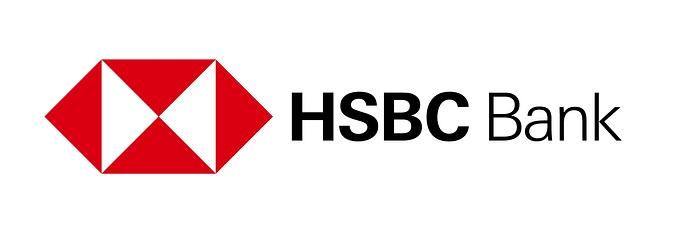‘Bleakest and most biting outlook that I have seen since we started this’

Article content
Canadians grew more pessimistic about the economy last month, according to a new sentiment gauge that tracks households’ feelings about where the economy is headed and the state of finances.
Advertisement 2
Article content
Maru Public Opinion’s Canadian household outlook index — shared exclusively with the Financial Post — fell to 87 in October from 93 in September, a six-point drop indicating that Canadians’ mood around economic matters has soured considerably after perking up slightly as summer turned to fall.
Article content
“What I am seeing is the bleakest and most biting outlook that I have seen since we started this and for many years previous,” said John Wright, Maru’s Toronto-based executive vice-president.
Article content
Wright found that 70 per cent of respondents believed the economy was “on the wrong track,” a significant jump from 65 per cent in September. The result suggests higher interest rates and increased talk of a recession are weighing on the public mood. The last time any of the survey participants had anything good to say about the Canadian economy was back in November 2021, when 54 per cent said they approved of its trajectory.
Advertisement 3
Article content
Maru Public Opinion, a subsidiary of global research firm Maru Group, comes up with its household index by asking a representative panel of about 1,500 people a series of questions designed to probe how they feel about the economy’s prospects over the next 60 days. The most recent poll was conducted Oct. 31 and Nov. 1. Maru started tracking Canadian households’ outlook in February 2021. The baseline for the index is 100. A score below 100 indicates negative sentiment, while a score above 100 is considered positive.
There has been little good economic news of late. In its fiscal update released last week, the federal government downgraded its outlook for economic growth this year to 3.2 per cent from a previous estimate of 3.9 per cent. It also drastically cut its projection for 2023, and now expects the economy to grow only 0.7 per cent from an earlier forecast of 3.1 per cent.
Advertisement 4
Article content
Under a downside scenario, Ottawa said GDP could contract by 0.9 per cent next year.
Inflation is a major reason for the downbeat outlook. The consumer price index for September, the most recent reading available, came in at 6.9 per cent, well above the Bank of Canada’s target of two per cent. Given inflation’s tenacity, the Bank of Canada deployed another outsized interest-rate increase in October in a bid to cool demand that policymakers say exceeds suppliers’ ability to keep up. The benchmark rate is now 3.75 per cent after starting the year near zero.
Slower growth, elevated inflation and rising interest rates are making households feel vulnerable.
For the first time since Maru started asking about personal finances in July 2020, a small majority (53 per cent) of Canadians said that in the next 60 days it was likely that they would worry about their personal and family daily finances. In September, 47 per cent said they had such concerns.
Advertisement 5
Article content
Younger Canadians aged 18-34 were most worried (67 per cent), compared with older age groups 35-54 and 55-plus at 55 per cent and 39 per cent, respectively. Almost 60 per cent of households making less than $50,000 said they were anxious about the next two months.
“Now we are getting personal financial anxiety. Now this is starting to come into your home, into your life,” Wright said. “Now, it’s crossing over into anxiety in 18-34 (year olds) with kids and variable-rate mortgages,” he said.
The bad news didn’t stop there.
-

Households are feeling bleak about Canada’s economic prospects this fall
-

Bracing for the next interest rate hike, Canadians are feeling the pinch like never before
-

More than half of Canadians say their incomes aren’t keeping up with inflation
Advertisement 6
Article content
A growing minority acknowledged a financial emergency could put them in the hot seat: 38 per cent of respondents said they likely would not have more than two months worth of savings to cover an unexpected cost, compared with 34 per cent in September.
However, 62 per cent said they likely would have the necessary funds on hand for a financial emergency, a drop from 66 per cent in September.
Women, at 42 per cent, felt they were more likely to experience a shortfall than men (33 per cent).
But, some 63 per cent of respondents indicated they would be able to meet daily expenses over the next couple of months, something Wright described as a “silver lining” in the dark clouds.
“We’re better off than it seems that we are,” Wright said. “But the sense that their own lives are falling off a cliff — for about 15 per cent of the population it feels that way.”
• Email: gmvsuhanic@postmedia.com | Twitter: gsuhanic



